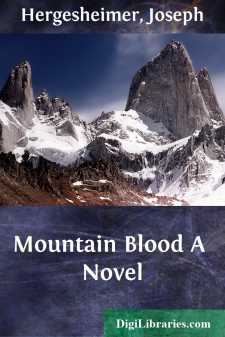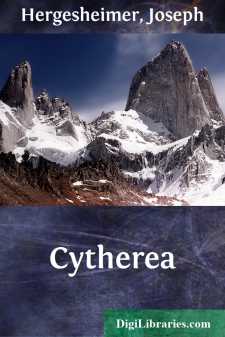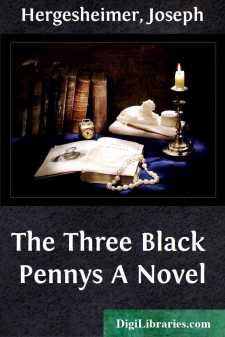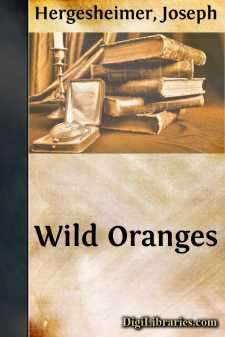Categories
- Antiques & Collectibles 13
- Architecture 36
- Art 48
- Bibles 22
- Biography & Autobiography 813
- Body, Mind & Spirit 142
- Business & Economics 28
- Children's Books 15
- Children's Fiction 12
- Computers 4
- Cooking 94
- Crafts & Hobbies 4
- Drama 346
- Education 46
- Family & Relationships 57
- Fiction 11828
- Games 19
- Gardening 17
- Health & Fitness 34
- History 1377
- House & Home 1
- Humor 147
- Juvenile Fiction 1873
- Juvenile Nonfiction 202
- Language Arts & Disciplines 88
- Law 16
- Literary Collections 686
- Literary Criticism 179
- Mathematics 13
- Medical 41
- Music 40
- Nature 179
- Non-Classifiable 1768
- Performing Arts 7
- Periodicals 1453
- Philosophy 64
- Photography 2
- Poetry 896
- Political Science 203
- Psychology 42
- Reference 154
- Religion 513
- Science 126
- Self-Help 84
- Social Science 81
- Sports & Recreation 34
- Study Aids 3
- Technology & Engineering 59
- Transportation 23
- Travel 463
- True Crime 29
Mountain Blood A Novel
Description:
Excerpt
The fiery disk of the sun was just lifting above the shoulder of hills that held the city of Stenton when the Greenstream stage rolled briskly from its depot, a dingy frame tavern, and commenced the long journey to its high destination. The tavern was on the outskirts of town; beyond, a broad, level plain reached to a shimmering blue silhouette of mountains printed on a silvery sky; and the stage immediately left the paved street for the soft, dusty country road. Stenton was not yet astir; except for an occasional maid sleepily removing the milk from gleaming marble steps, or early workmen with swollen, sullen countenances, the streets were deserted. The dewy freshness of morning was already lost in the rapidly mounting heat of the June day. Above the blackened willows that half hid the waterworks an oily column of smoke wavered upward in slow, thick coils, mingling with the acid odor of ammonia from a neighboring ice manufacturing plant; a locomotive whistled harsh and persistent; the heat vibrated in visible fans above the pavement.
From the vantage point of the back porches of Stenton the sluggish maids could see the Greenstream stage fast diminishing. The dust rose and enveloped it, until it appeared to be a ball, gilded by the sun, rolling over the rank grey-green plain. Finally it disappeared from the vision of the awakening city.
II
It was a mountain surrey, with a top and rolled curtains, three rigid seats, and drawn by ugly, powerful horses in highly simplified harness. At the rear a number of mailbags, already coated with a dun film, were securely strapped.
The driver lounged forward, skilfully picking flies with his whip from the horses’ backs. He had a smooth countenance, deeply tanned, and pale, clear blue eyes. At his side sat a priest in black, a man past middle age, with ashen, embittered lips, and a narrowed, chilling gaze. They were silent, contemplative; but, from the seat behind them, flowed a constant, buoyant, youthful chatter. A girl with a shining mass of chestnut hair gathered loosely on a virgin neck was recounting the thrilling incidents of “commencement week” for the benefit of a heavily-built young man with a handsome, masklike countenance. On the last seat a carelessly-garbed male was drawing huge clouds of smoke from a formidable cigar.
Gordon Makimmon, the driver, did not know the latter. He had engaged and paid for his seat the night before, evading such indirect query as Makimmon had addressed to him. It was a fundamental principle of Greenstream conduct that the direct question was inadmissible; at the same time, the inhabitants of that far, isolated valley were, on all occasions, coldly curious about such strangers, their motives and complexions of mind, as reached their self-sufficient territory. This combined restriction and necessity produced a wily type of local inquisitor. But here Gordon’s diplomacy had been in vain, his surmising at sea. The others were intimate and familiar figures:
Father Merlier’s advent into Greenstream had occurred a number of years before. He had arrived with papers of introduction to one of the few papist families in that rigorously protestant neighborhood; and, immediately, had erected outside the village of Greenstream a small mission school and dwelling, where he addressed himself to the herculean task of gaining converts to his faith. At first he had been regarded with unconcealed distrust—boys, when the priest’s back was turned, had thrown stones at him; the turbulent element, on more than one occasion, had discussed the advisability of “running” him from the community. But it was true of both boys and men that, when they had confronted the beady, black glitter of Merlier’s unfaltering gaze, encountered the patent contempt of his rigid lips, they had subsided into an unintelligible mutter, and had been glad to escape.
He became an habitual sight, riding a blooded mare through the valley, over lonely trails, and was finally accepted as a recognized local institution. His title and exotic garb, the grim quality of his manhood, his austere disregard for bodily welfare, his unmistakable courage—more than any other human quality extolled throughout Greenstream—became a cause of prideful boasting in the County....








